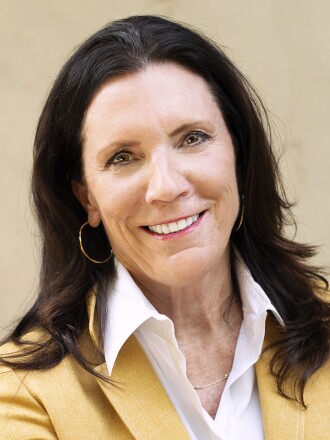ST. PAUL — The Minnesota Senate on Thursday, May 5, voted unanimously to approve a plan about how to divvy up $300 million between local communities and the state in an effort to treat Minnesotans with opioid addiction and educate residents about the potential dangers of using the painkillers.
As part of a multi-state settlement, drug manufacturing companies agreed to send the money to Minnesota to make up for some of the damage the companies caused in broadly distributing the addictive drugs without disclosing their potential to become abused. More than 5,000 Minnesotans have died of opioid overdoses, according to the state department of health, and the toll of addiction and misuse has rippled across the state and nation.
ADVERTISEMENT
Under the proposal, the state would accept the terms of the settlement and send 75% of the settlement funds to counties and cities to fuel local treatment, prevention, education and anti-drug trafficking programs. The remaining 25% would flow to the state to fund opioid epidemic response efforts. All Minnesota counties and 140 eligible cities sued the drug companies and ultimately accepted the terms of the settlement.
Sen. Julie Rosen, R-Fairmont, authored the bill and said the funds could start flowing out to local governments almost immediately if the House approved the plan and the governor signed it into law. Funds are set to flow out to the communities and states over the next 18 years.

"Money is flowing out as we speak, this should have been done in April but May is good," Rosen told reporters Thursday following the floor vote. "It can be used as the cities and counties see a need to to approach this situation. ... The cities and counties are the appropriate people to decide how this should be used since they're the boots on the ground."
The proposal would give local leaders the authority to use the funding to boost law enforcement efforts to block drug trafficking, train counselors, start or scale up treatment and education programs and offer support services like housing or child care to Minnesotans who've experienced addiction.
Other lawmakers on Thursday voiced support for the legislation during floor debate and said they were glad to see the money move to local communities.
"This is truly an opportunity to bring resources into an area that is desperately needed," Sen. Karla Bigham, DFL-Cottage Grove, said.
Minnesota lawmakers in 2019 approved the creation of the Opioid Epidemic Response Advisory Council and set in place a new fee on drug manufacturers to fund response programs. That fee is set to remain in place until 2031 and the state will continue working on treatment and prevention efforts.
ADVERTISEMENT
Follow Dana Ferguson on Twitter , call 651-290-0707 or email dferguson@forumcomm.com.













